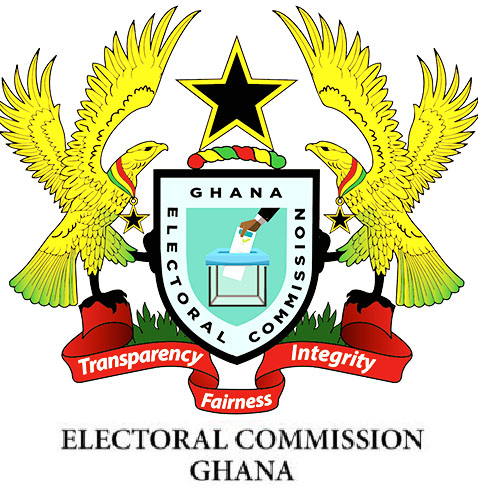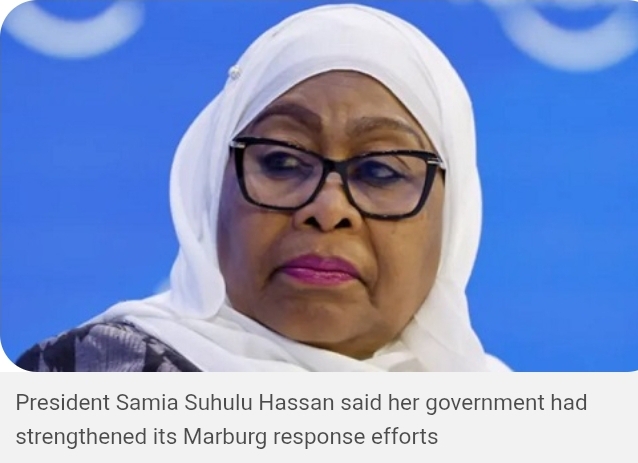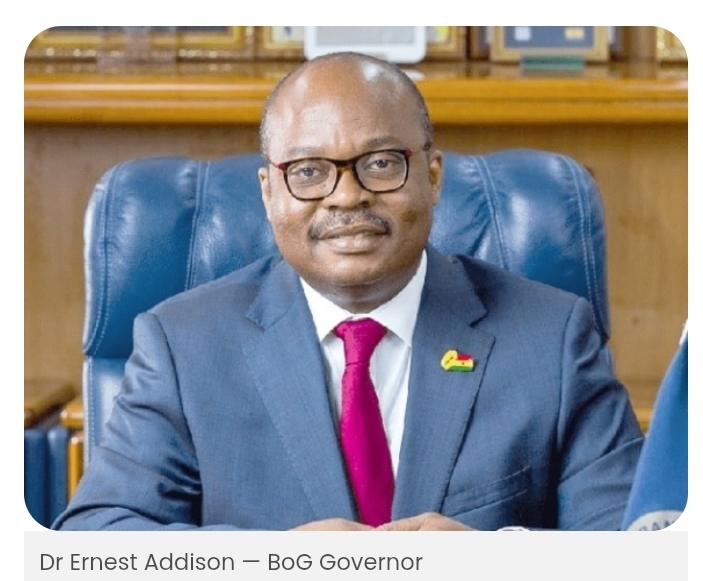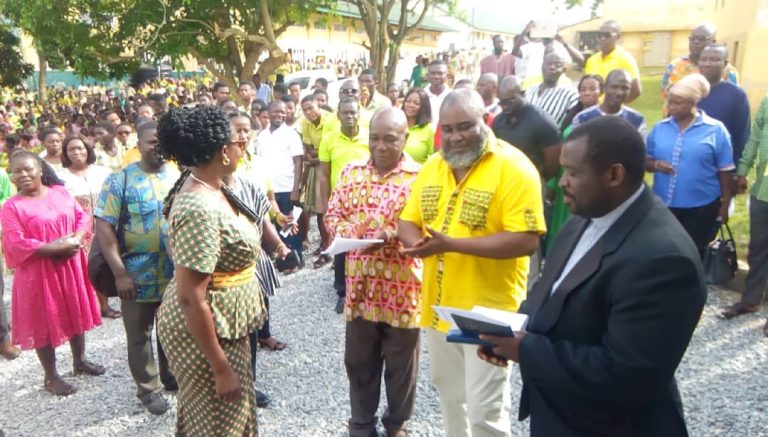
The Minister for Energy and Green Transition has sounded the alarm on a looming power crisis in Ghana, revealing that Karpowership, a key power provider, is threatening to cease operations within seven days due to outstanding payments.
This potential shutdown could severely impact an already strained energy sector, pushing the nation closer to a blackout scenario. During an appearance on JoyNews’ PM Express, the Minister disclosed the staggering $1.7 billion debt inherited by the government in the energy sector, which includes significant arrears to major energy stakeholders like Karpowership, Asogli Power, and SEND Power.
“Yesterday, I received a letter from Karpowership, and they have threatened to shut down the plant in seven days due to the unpaid bills we inherited,” Minister Jinapor stated. He further elaborated on the debt breakdown, revealing that $297 million is owed to Asogli, $220 million to SNIT, $423 million to SEND Power, and $371 million to Karpowership. “When you add them all together, the total debt inherited amounts to $1.7 billion,” he emphasized.
The Minister expressed the government’s ongoing efforts to negotiate more favorable terms with these suppliers, stating, “We have been exploring every possible avenue to negotiate with them for some breathing room, but they have made it clear that they will not budge.”
Highlighting the escalating financial burden, Mr. Jinapor noted that the total debt in the sector has now surpassed GH¢80 billion. He cautioned that if the crisis remains unaddressed, the nation’s power sector could face complete collapse.
In response to the crisis, the government has initiated discussions with the Ministry of Finance to secure emergency funding and has made partial payments to some energy suppliers. “So far, we have paid approximately $30 million. Karpowership has been made a priority, and we have also paid some outstanding amounts to WAPCo,” he explained.
Despite these efforts, the financial pressures have compelled Ghana to draw on international guarantees originally intended to stabilize the energy sector. “The World Bank guarantee of $500 million has now been reduced to $50 million,” Mr. Jinapor noted. When questioned by host Evans Mensah about when this reduction occurred, he clarified that it happened prior to their administration taking office.
As the situation worsens, Ghana has also resorted to selling oil reserves, which were initially earmarked to bolster the economy, in order to settle these escalating debts. “The Litasco guarantee, which was about $170 million, has also been drawn down. As a result, the oil that would have been sold to generate revenue for the economy had to be taken in order to repay the debt,” he confirmed. When asked if there was an agreement stipulating that non-repayment would result in the seizure of oil, he affirmed, “Yes, they take the oil, lift it, sell it, and then use the proceeds to repay the debt.”
The Minister underscored the urgent necessity for a new gas processing plant, emphasizing that this project, with an estimated cost of $700 million, is crucial for stabilizing the energy sector. “We need this gas processing plant like yesterday,” he asserted. “We will fund it with domestic resources, and every discerning Ghanaian should support this initiative.”
Looking ahead, Mr. Jinapor assured that the government is committed to addressing the infrastructure backlog within the next two years, although he acknowledged that certain processes, such as pre-commissioning, may take longer. “Our timeline is just two years. We’ve completed the committee work, and within that time, we should be able to clear the infrastructure backlog,” he stated.
While recognizing the significant challenges ahead, the Minister expressed optimism about the government’s ability to navigate them. “We’ve completed the first quarter of the year, and we now have a full understanding of the challenges we face,” he concluded. “To settle these debts, we have to use our oil. It’s a service that someone paid for, and to pay it off, we have no choice but to use what we have.”











